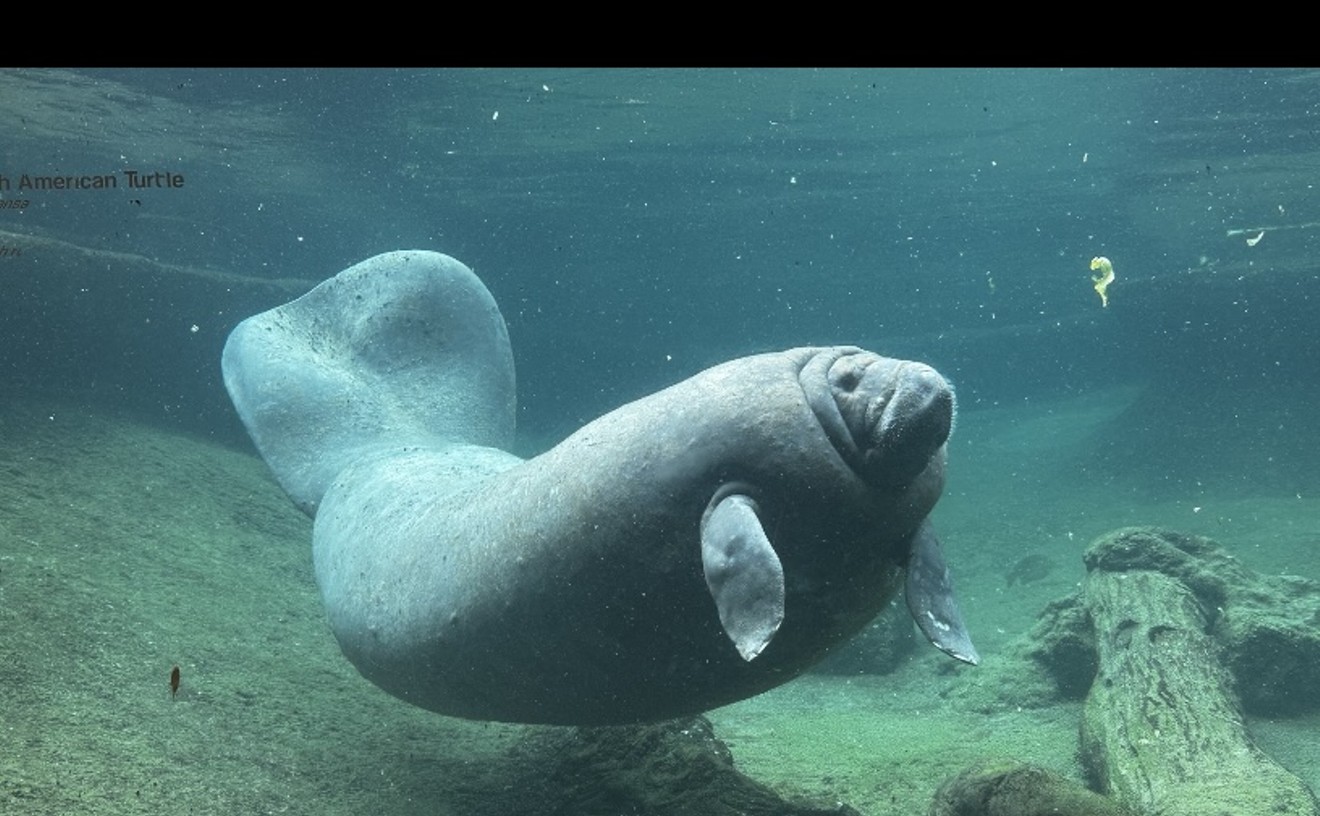Kutateladze's interest in the numbers was both professional and personal. For years, he has led research on criminal justice issues. But he and his husband were considering moving from New York to Miami, and just months removed from the Pulse shootings, they wanted to know that they and their four young children would be accepted.
The family ended up making the move, with Kutateladze becoming a criminal justice professor at Florida International University. And though he's found South Florida to be inclusive, his questions remained about the hate-crime statistics and, specifically, those involving the LGBTQ population.
His concerns only grew when he spoke with police and prosecutors and found they, too, worried about underreporting.
Now, armed with a $500,000 grant from the Department of Justice, he's undertaking a two-year study to discover the barriers that prevent victims from coming forward and the challenges to successful investigations and prosecutions. The Miami-Dade Police Department and State Attorney's Office are partnering with FIU in the effort.
"Something big is missing here, clearly," Kutateladze says, "and we cannot just keep saying that."
Florida has one of the strongest hate-crime laws in the nation, and the federal government has tracked such crimes since the '90s. But experts have long cautioned that the numbers are systemically flawed. Though the FBI typically reports fewer than 7,000 hate crimes per year, the DOJ estimates the real number is around 260,000.
Last month, Miami-Dade Police Director Juan Perez acknowledged that his department appears to be logging the statistics incorrectly and said the department would conduct an audit to determine whether any reporting rules were being violated.
But some incidents might not even be making it to law enforcement. Kutateladze says he's heard anecdotally that some immigrant victims may not feel comfortable going to
It's a challenge Miami-Dade State Attorney Katherine Fernandez Rundle recognizes — and one that's especially pronounced in a city such as Miami.
“In Miami, with the population being both majority immigrant and Latino, reporting any crime poses legal and cultural challenges, but reporting crimes committed because of bias against LGBTQ individuals is even more difficult,’’ she says in a statement. “We are thrilled to partner with Florida International University because it has the capacity to do this work.”
The work will begin early next year. With assistance from the advocacy nonprofit SAVE Foundation, Kutateladze and other researchers plan to identify and interview 400 LGBTQ community members about their experiences. The researchers will also speak with police and prosecutors and review case files. Kutateladze says he hopes to identify gaps in the system and find opportunities for policy reform.
Ultimately, the goal is to help police and prosecutors better tackle the
"It sends the message that we don't have a problem, everything is OK, we don't need to even be thinking about it," he says.












